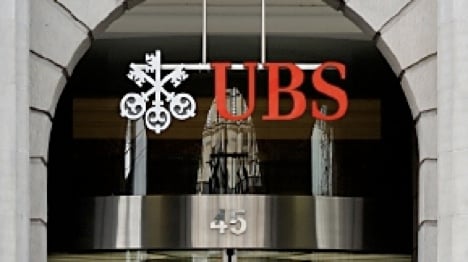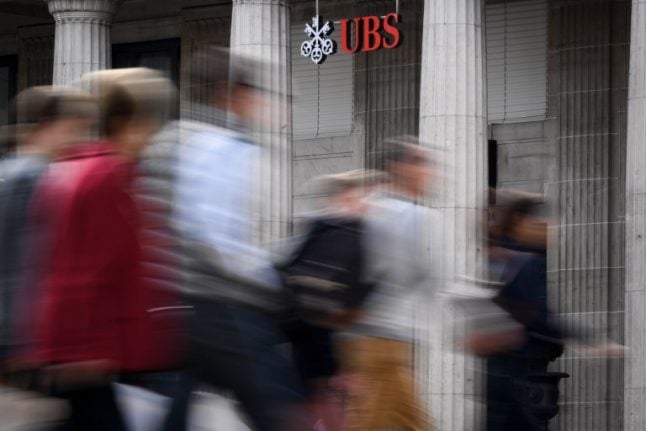"Tom Hayes, a former trader at UBS andCitigroup, has today been charged with offences of conspiracy to defraud in connection with the investigation by the Serious Fraud Office into the manipulation of Libor," it said in a statement, adding that its probe into Libor manipulation would continue.
The SFO added that Hayes, 33, had been charged by City of London police with eight counts of conspiracy to defraud.
It was not clear whether the charges related to his time at Swiss bank UBS and/or US rival Citigroup.
In December, British, Swiss and US regulators fined UBS a total of 1.4 billion francs (1.1 billion euros, $1.5 billion) for having manipulated the Libor Interbank lending rate which determines a vast number of financial and interest rate contracts around the world.
An SFO spokesman declined to comment on which bank the charges related to, adding only that Hayes would appear before London's Westminster Magistrates' Court on Thursday.
Hayes, who has worked in London and Tokyo, has already been charged with conspiracy to commit fraud by the US Justice Department last December.
The latest twist in the scandal comes after the British Bankers' Association last week announced changes to Libor interest-rate transparency in a bid to avoid a repeat of the damaging affair.
The BBA said that publication of banks' individual submissions of the Libor interbank lending rate would be embargoed for three months in a move aimed at avoiding renewed manipulation of the borrowing cost as occurred in the past.
It added that the change, which followed recommendations of a review initiated by the British government, would take effect from July 1st.
The BBA is meanwhile to shortly lose its role of Libor rate-setter in the wake of the rigging crisis.
Libor is calculated daily, using estimates from banks of their own interbank rates. However, the system has been found to be open to abuse, with some traders lying about borrowing costs to boost trading positions or make their bank seem more secure.
The Libor scandal erupted last year when Barclays bank was fined £290 million ($470 million, 363 million euros) by British and US regulators for attempted manipulation of Libor and Euribor interbank rates between 2005 and 2009.
Royal Bank of Scotland has also received heavy fines over alleged rigging of Libor — a flagship instrument used all over the world, affecting what banks, businesses and individuals pay to borrow money. Euribor is the eurozone equivalent.
The European Union is meanwhile pressing ahead with reforms to tighten up its supervision of banks and key financial market benchmarks, which could include interbank lending rates.



 Please whitelist us to continue reading.
Please whitelist us to continue reading.
Member comments